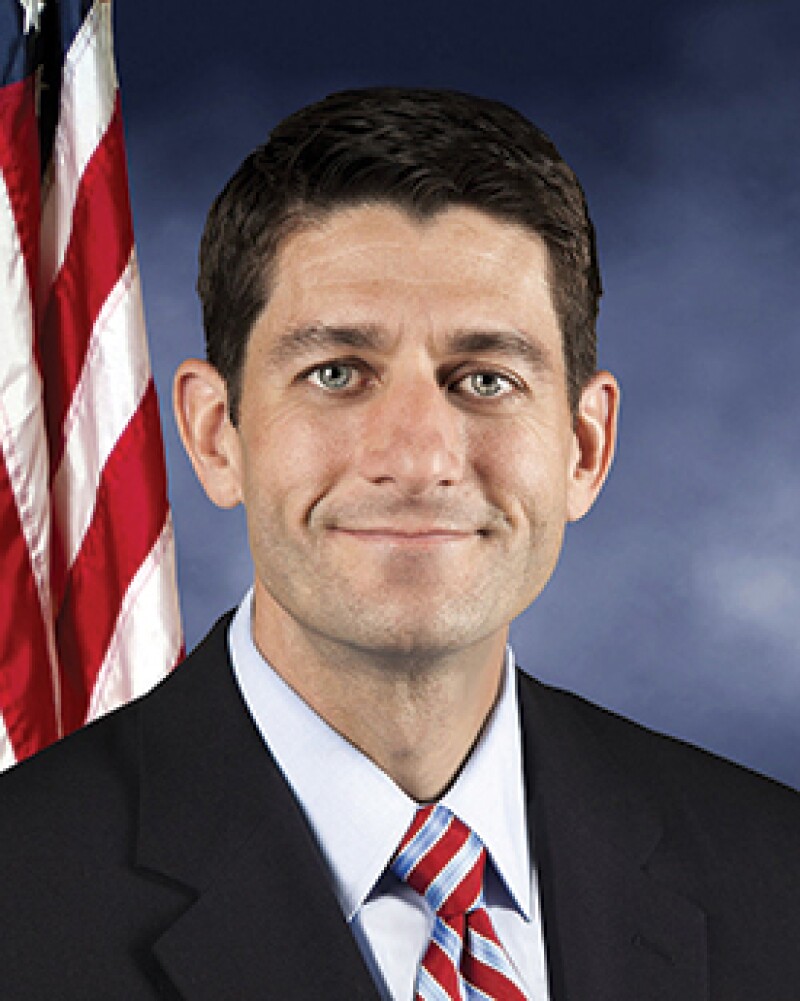
|
Paul Ryan is a new entry this year |
Paul Ryan was elected as the speaker of the US House of Representatives on October 29 2015, having previously chaired the House Ways and Means Committee, one of the two main tax-writing committees in Washington, DC.
The 45-year-old has an impressive resume, having also worked in the House Budget Committee for more than a decade, chairing it between 2011 and 2015, and running as vice president on the ticket of defeated presidential hopeful Mitt Romney, against whom Barack Obama secured his second term as President.
Ryan is very much an advocate of low taxes, claiming during the 2012 election campaign: "You can cut tax rates by 20% and still preserve these important preferences for middle-class taxpayers… It is mathematically possible. It's been done before. It's precisely what we're proposing."
A long-time advocate of comprehensive US tax reform, Ryan's election to the House Speaker role has given rise to cautious optimism of reform action – after the election, of course. Tax reform is Ryan's "number one priority", and would likely involve significant corporate and personal tax cuts in exchange for the discontinuation of many of the US's tax credits and other special provisions.
"How reassuring would it be if we actually fixed the tax code," says Ryan. "The cynics will scoff – they'll say it's not possible… You better believe we're going to try."
A Ryan tax reform would include sweeping changes to healthcare credits, a widespread cull of tax extenders and the end of the deduction for state and local income taxes. He is more in-tune with the business community than many of his colleagues on the Hill, and would also look to bring the corporate tax rate down to somewhere in the region of 25%. Further movement toward a US VAT would also not be out of the question.
With political gridlock in Washington proving insurmountable, it is still unclear whether Ryan's job-switch is good or bad news for tax reform prospects. He will not be able to concentrate as fully on pure tax issues in the speaker role, but the position is more high profile, meaning he could use the platform to push the tax reform agenda. Despite the role change, Ryan's straddling of two incredibly influential positions in Congress has been enough to secure him a place on the Global Tax 50 2015.
In a speech welcoming the Wisconsin-born politician to his new post, Senate Majority Leader Mitch McConnell said of Ryan: "He spends his nights dreaming about tax policy."
That's our kind of guy.
The Global Tax 50 2015 |
|
|---|---|
The top 10 • Ranked in order of influence |
|
3. Wang Jun |
|
7. Ian Read |
|
The remaining 40 • In alphabetic order |
|









